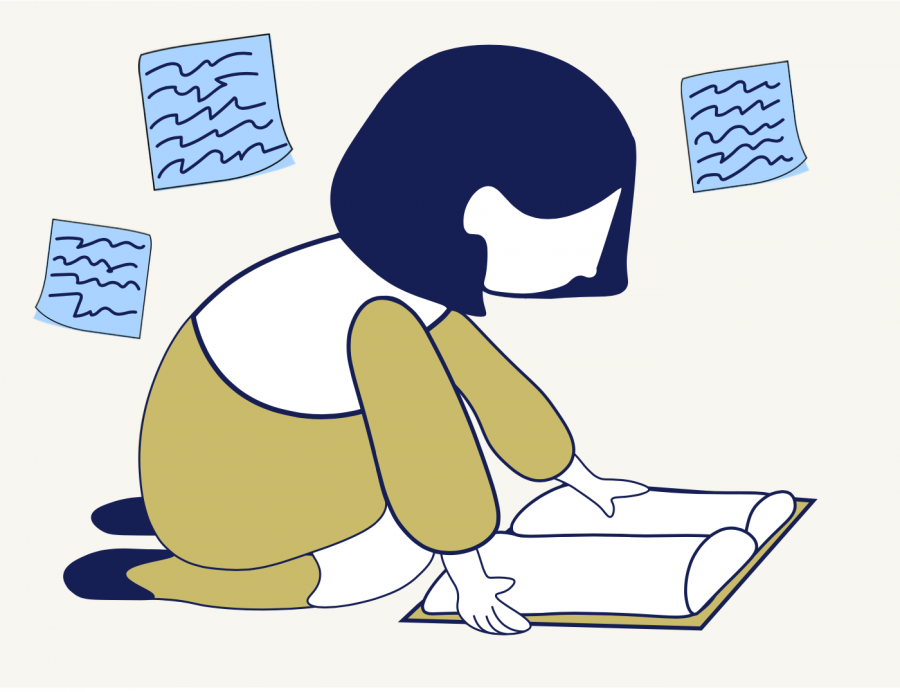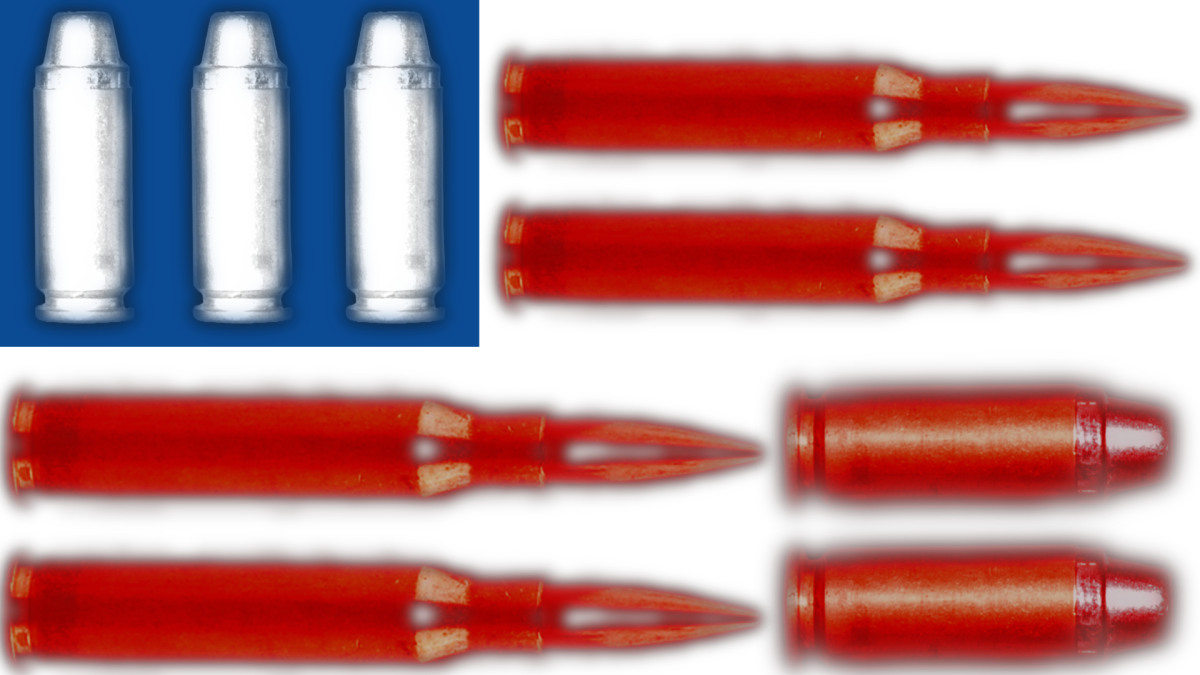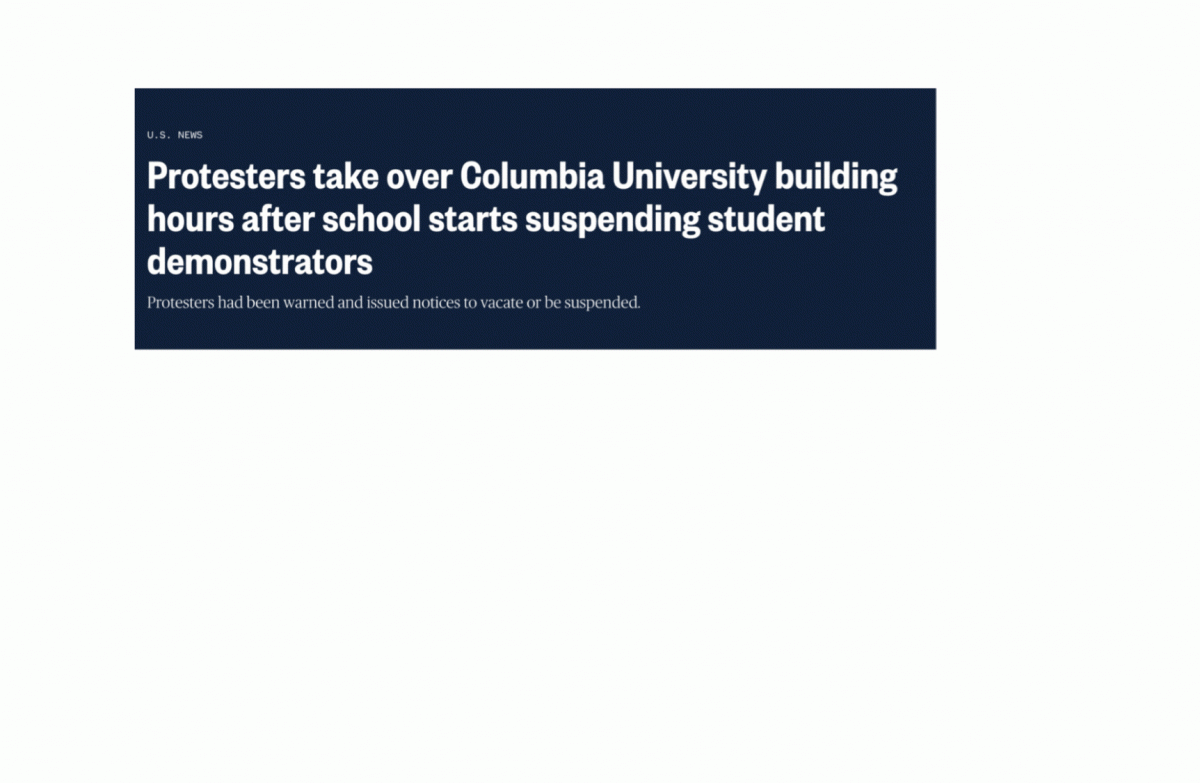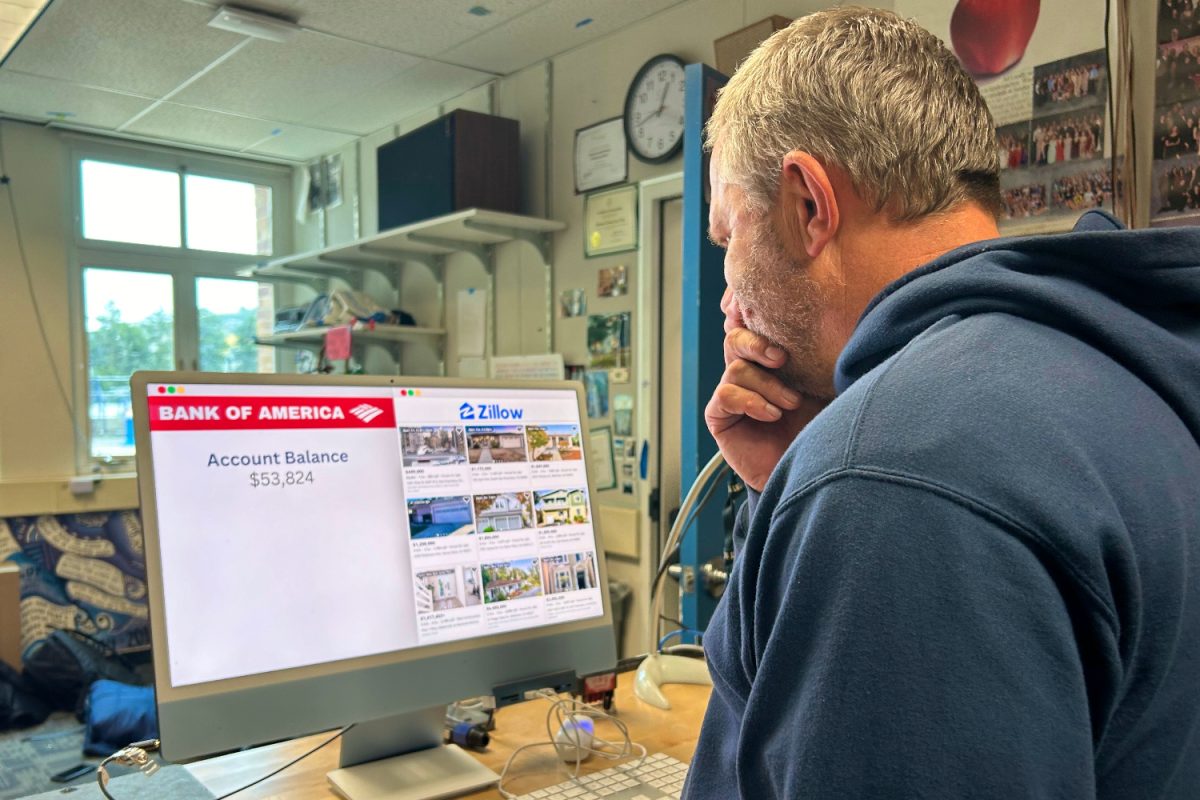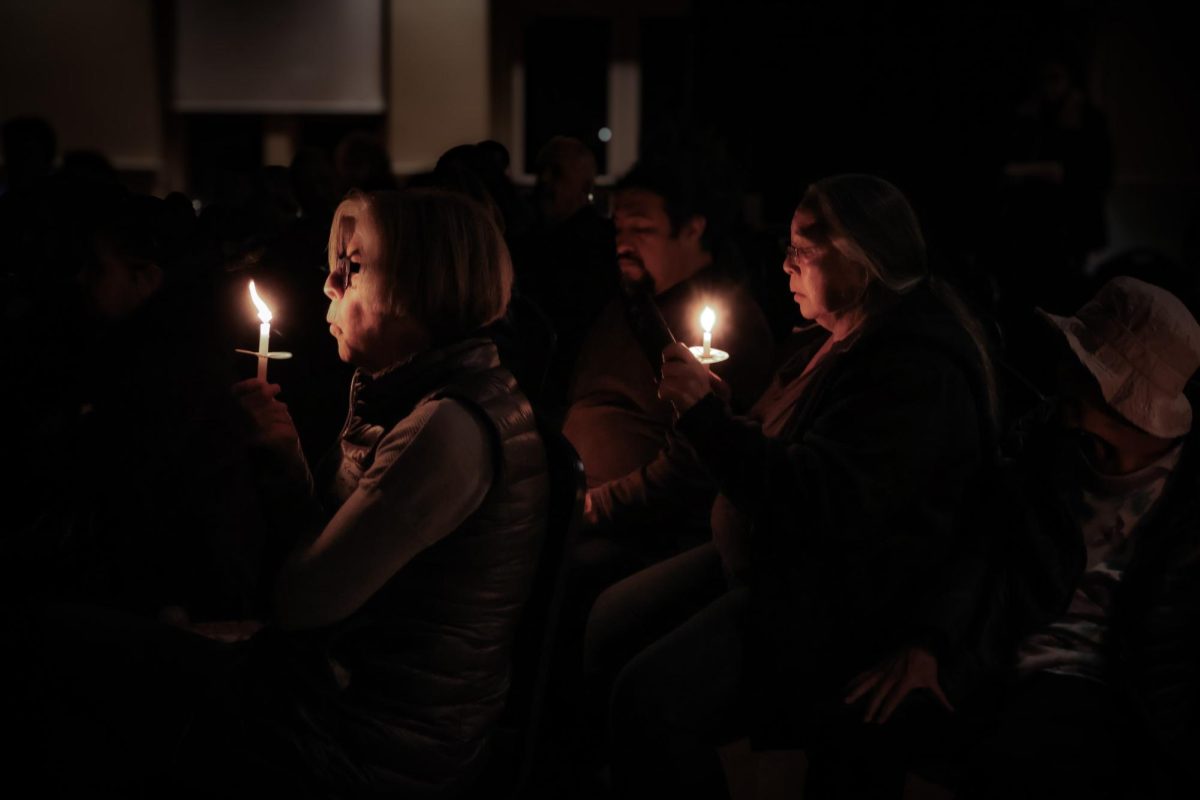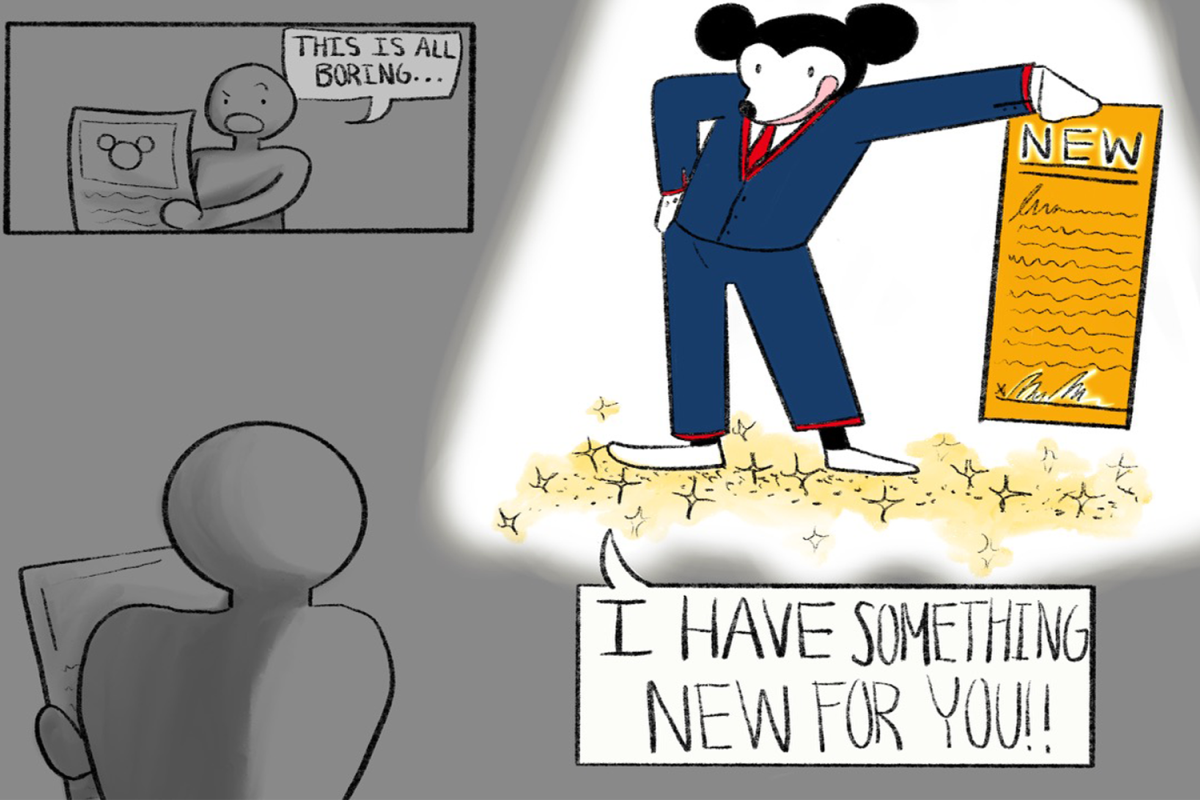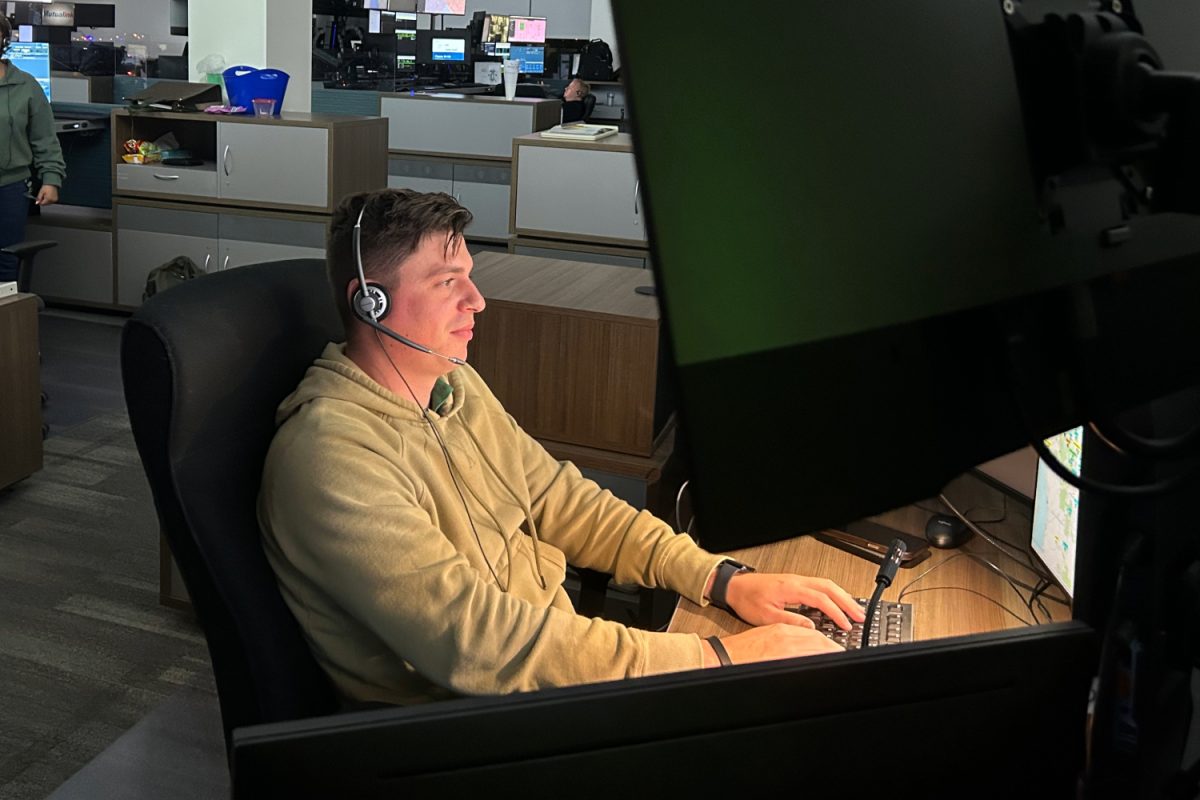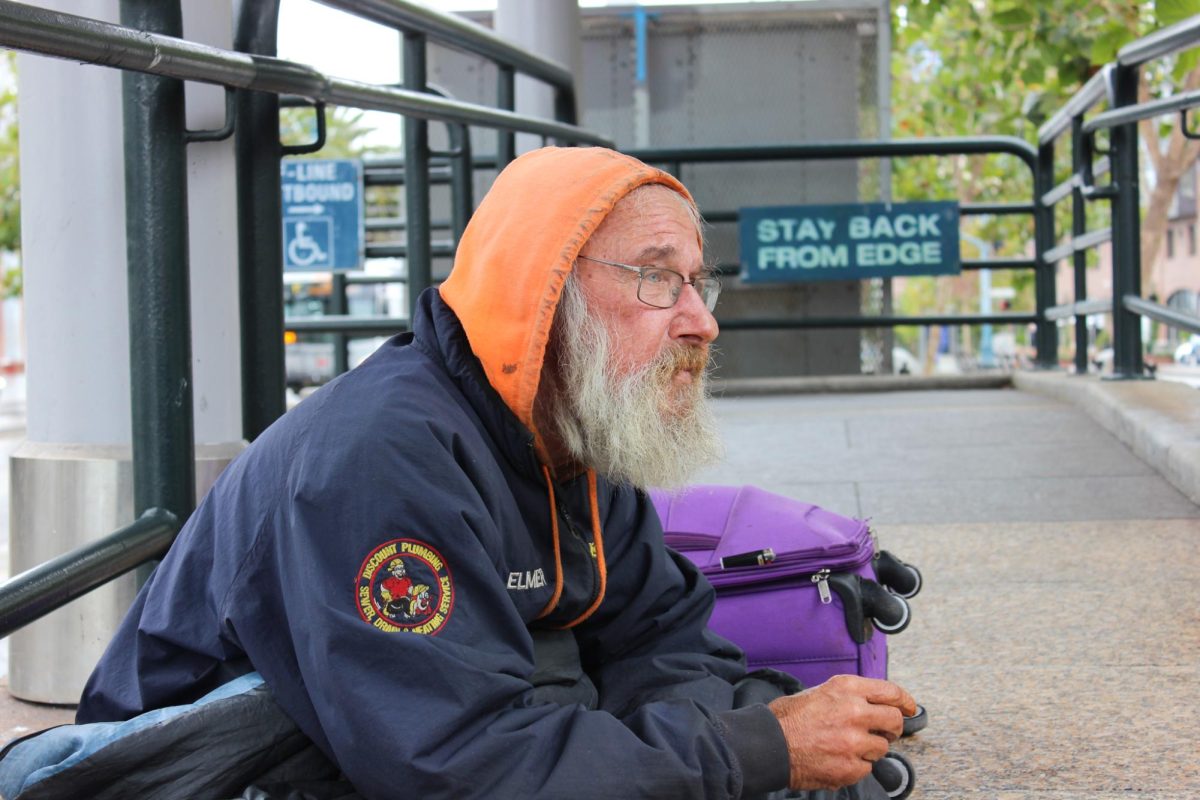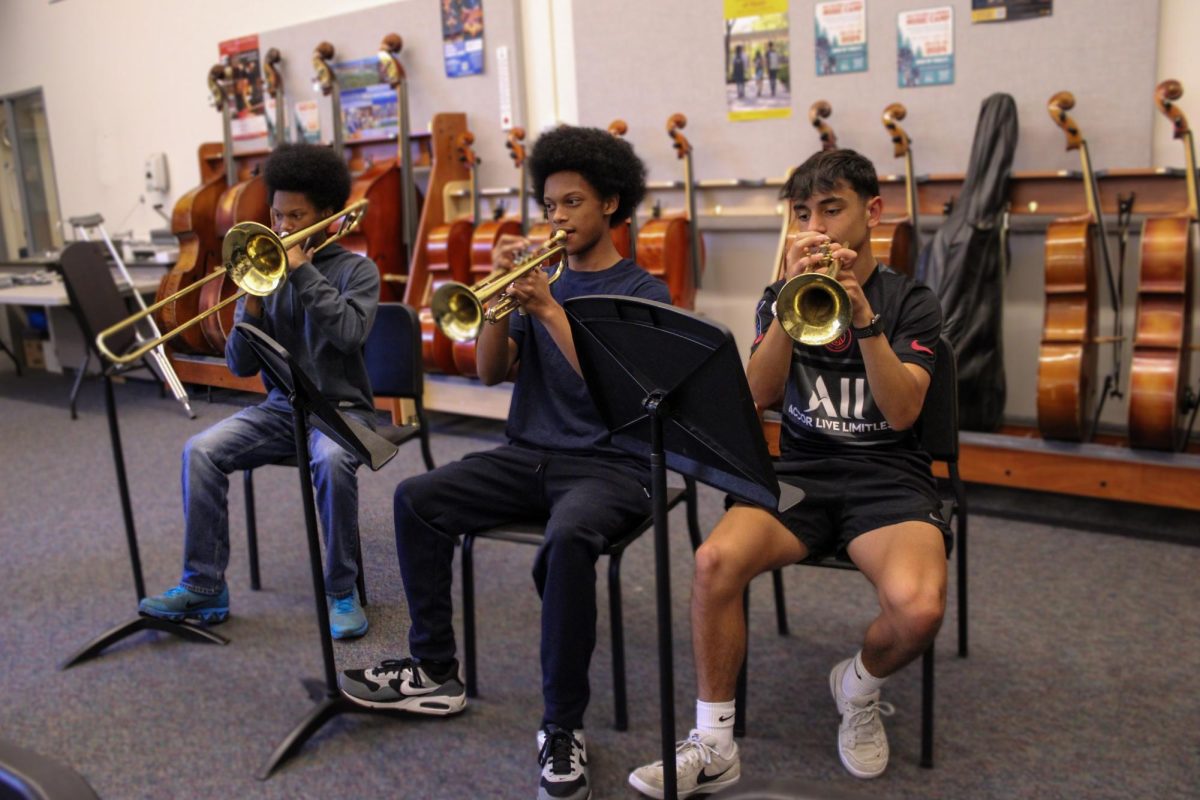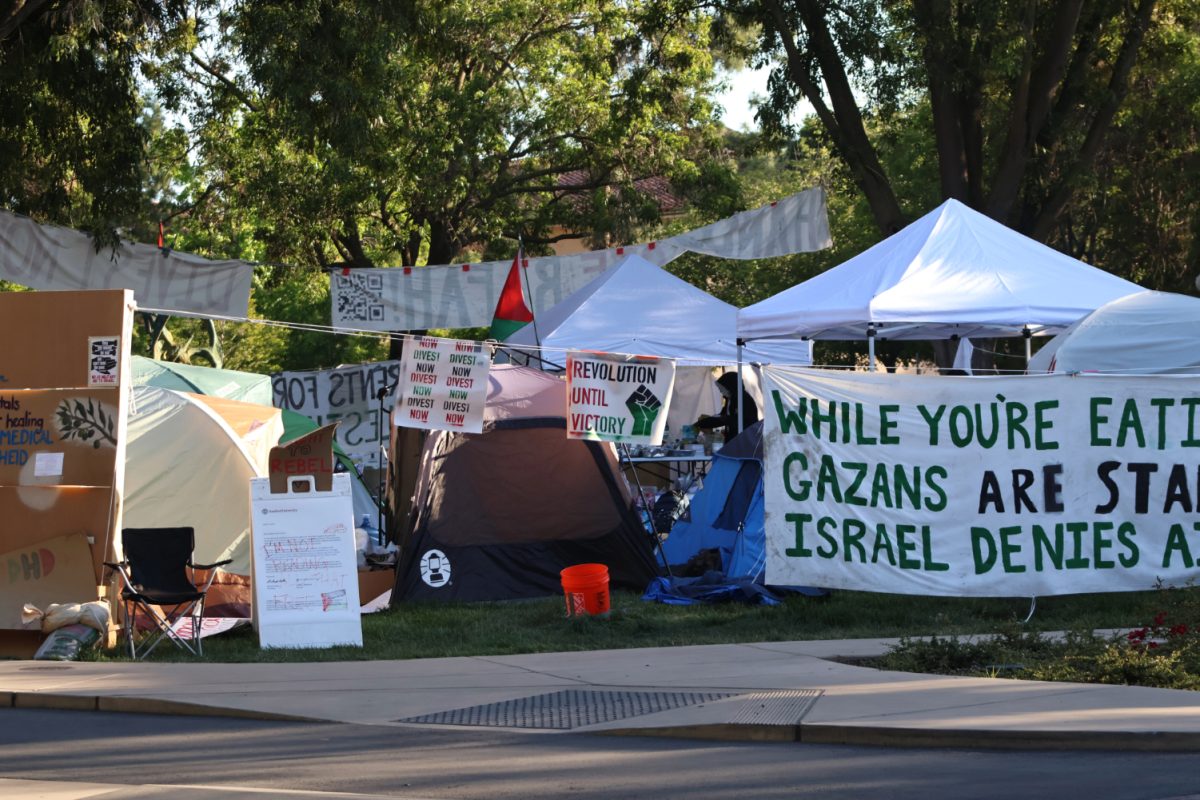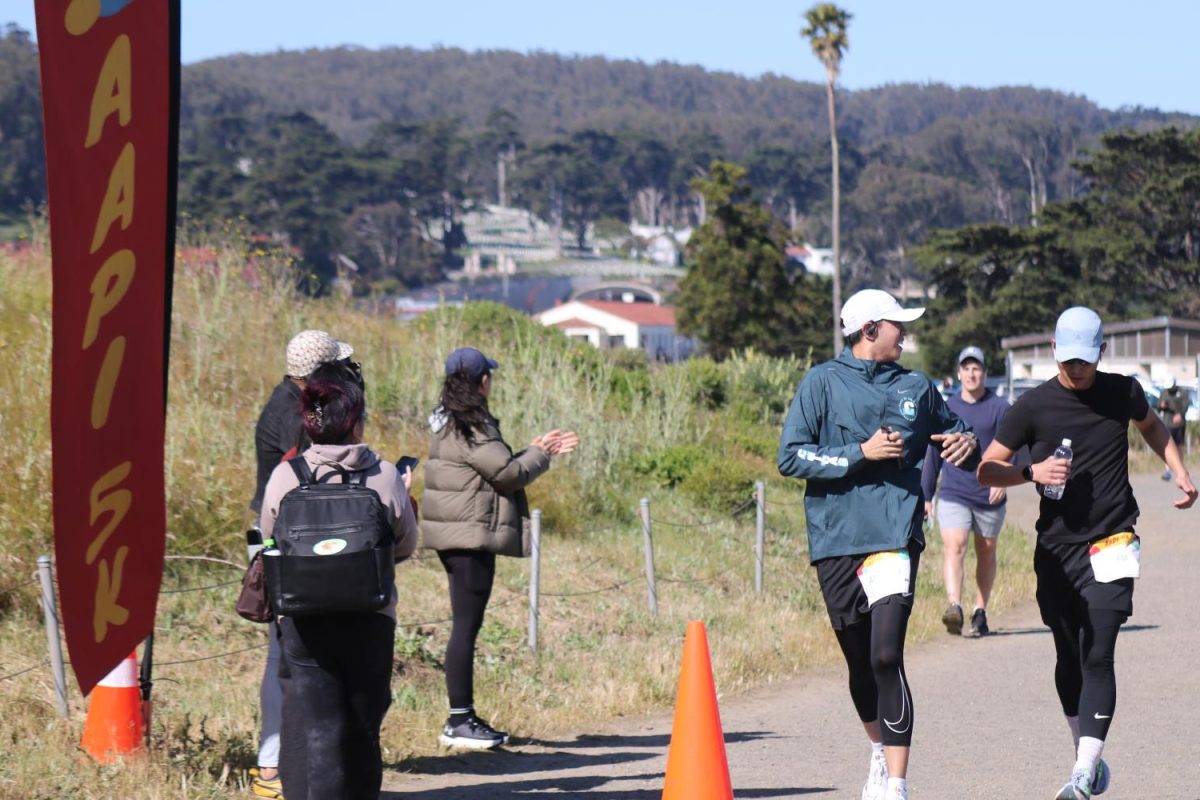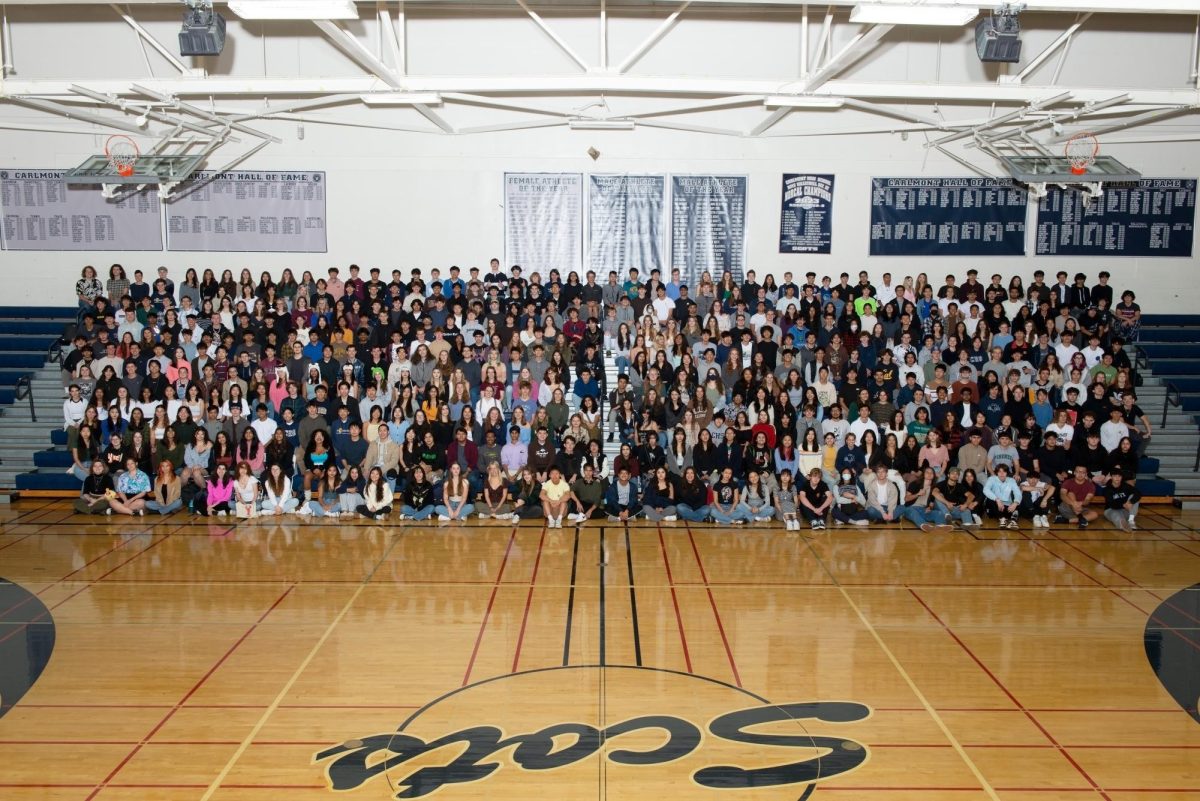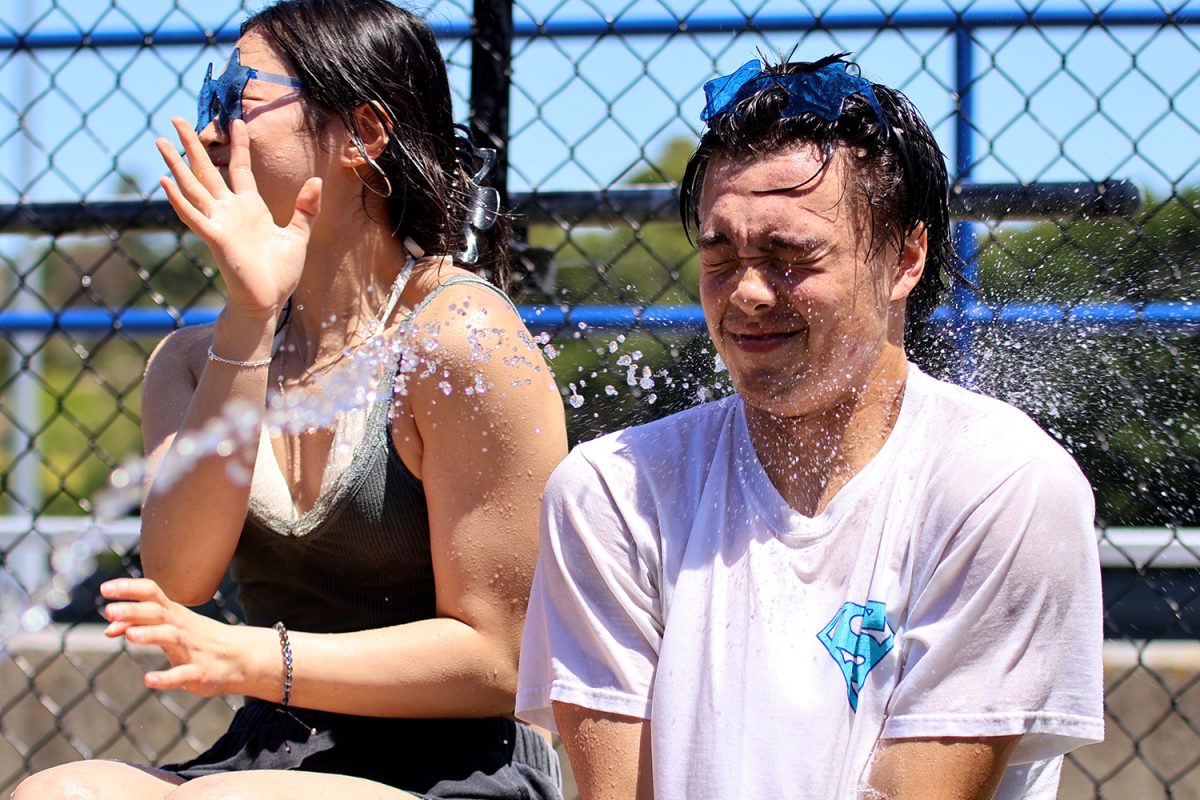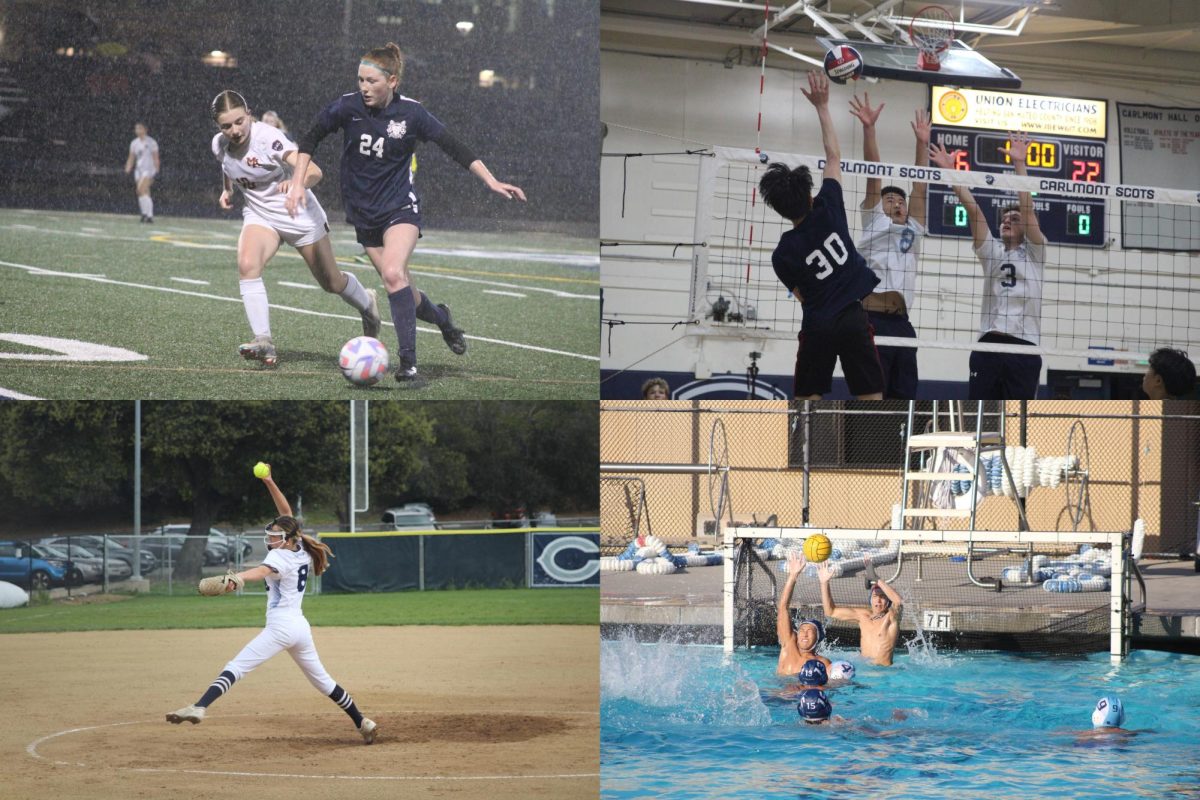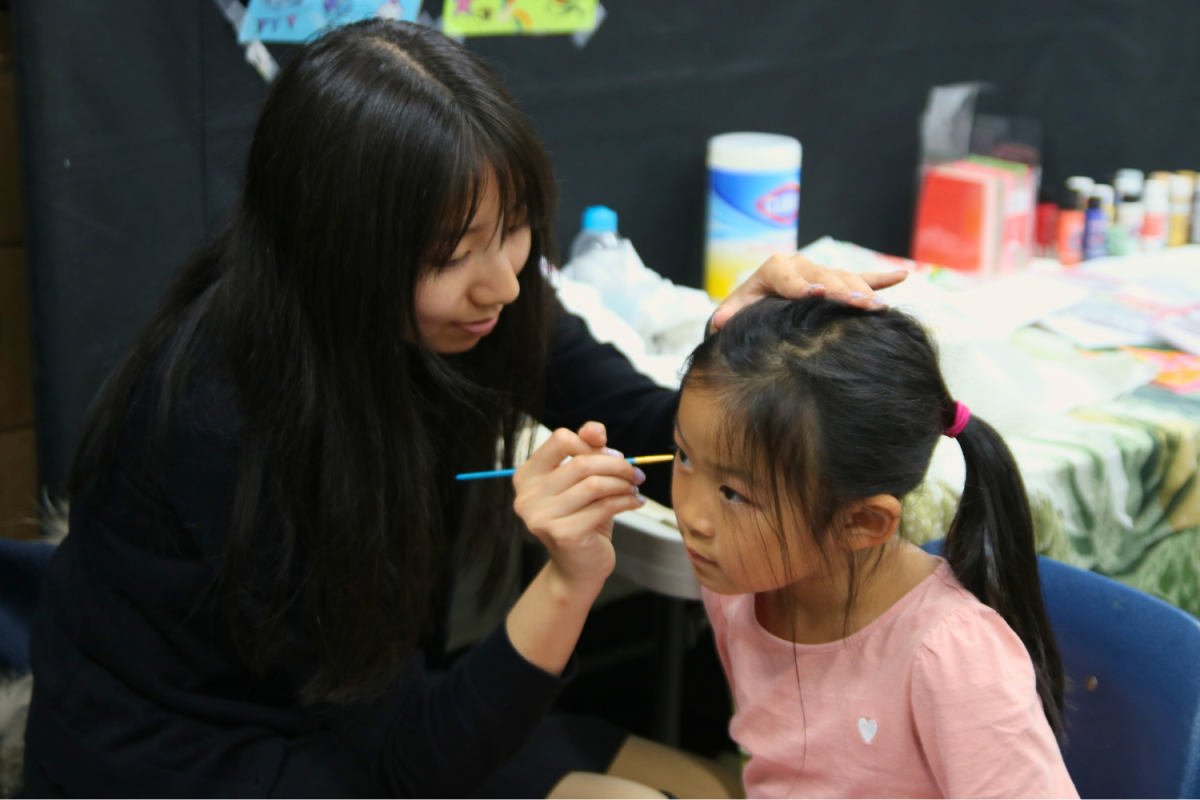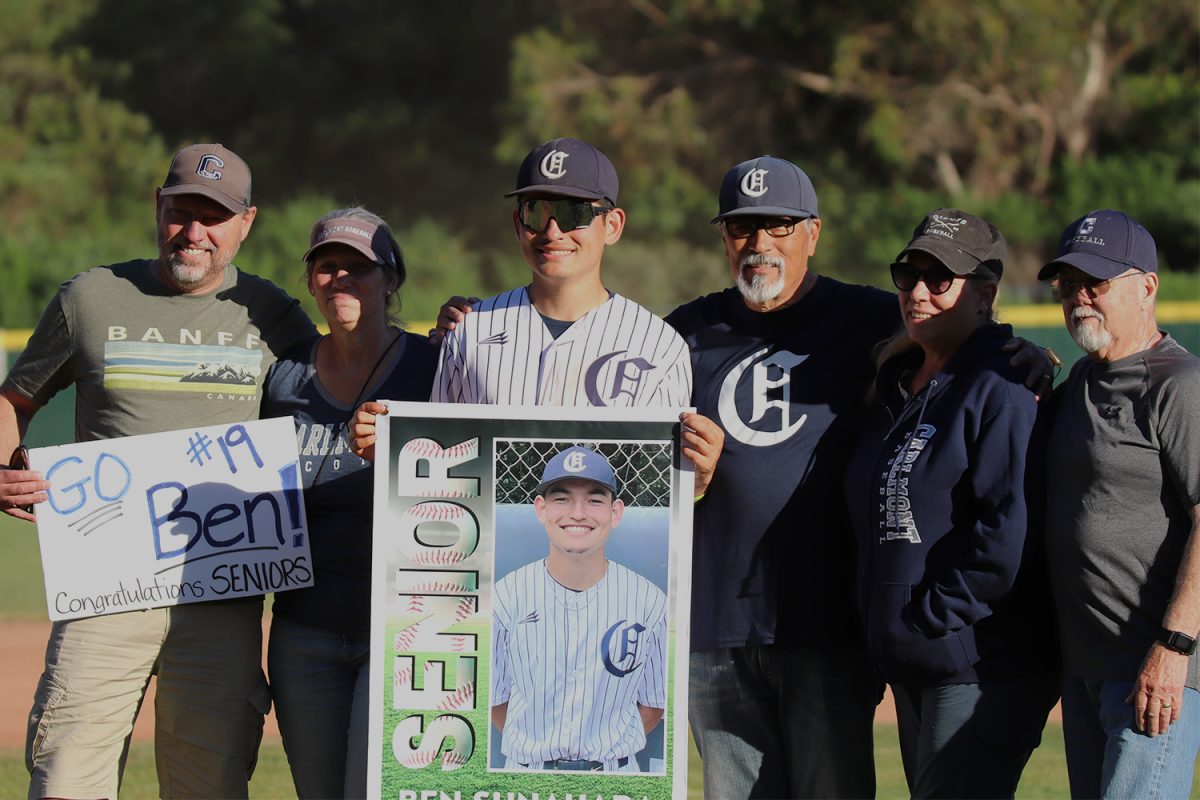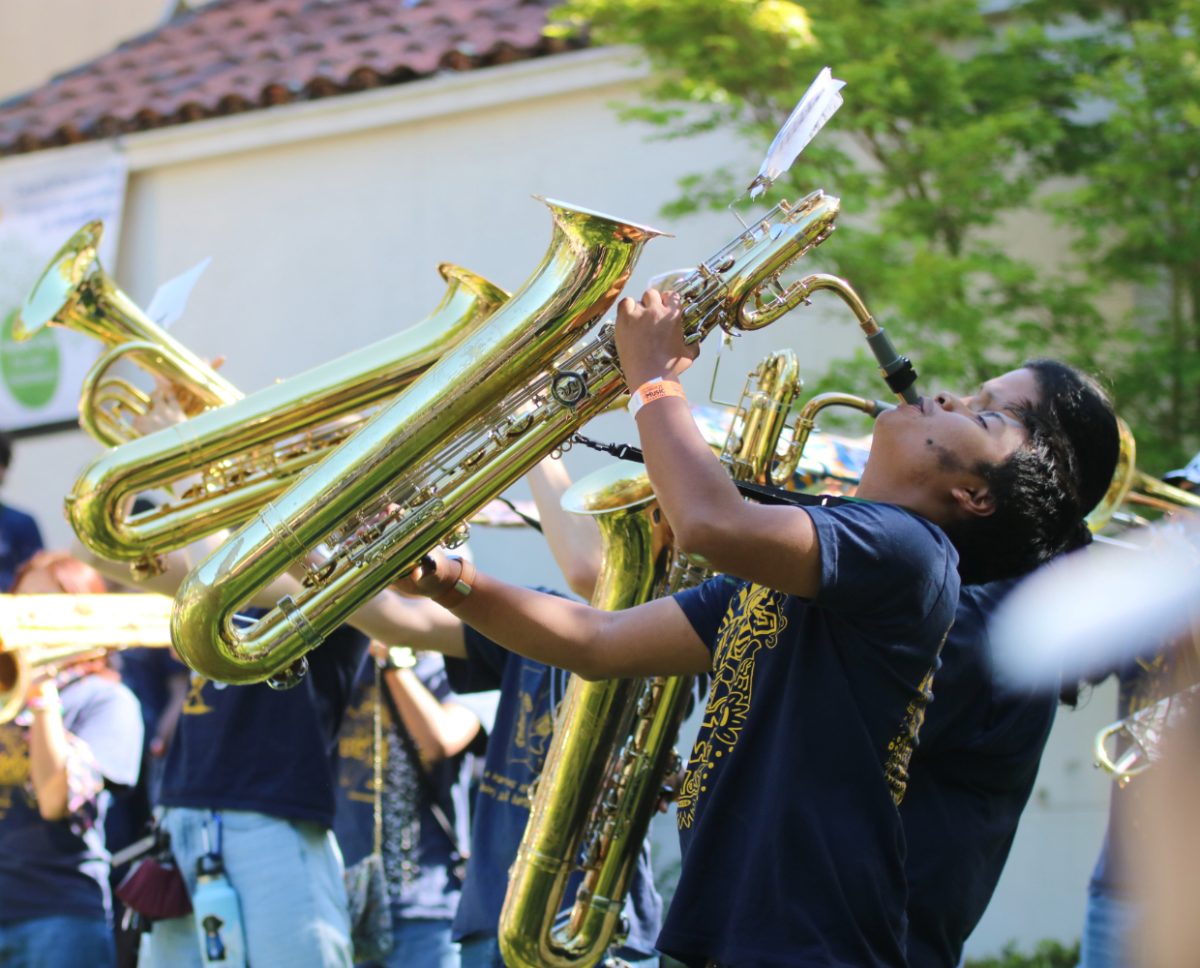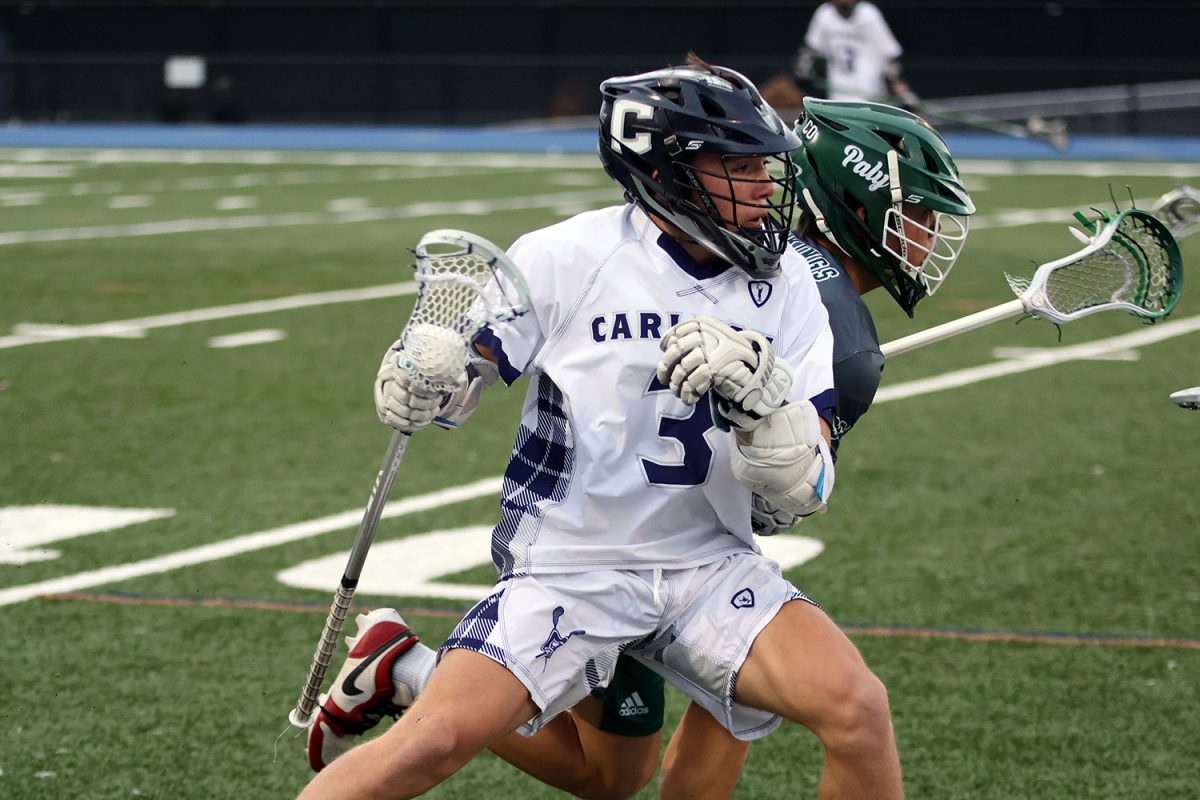Failure.
Since the start of their education, every student has avoided hearing that word at all costs. Across the world, teenagers have been trained, conditioned, and scared into believing that a single letter grade determines their worth.
Students are continuously expected to succeed in their academic life as they face tremendous pressure from parents, schools, and teachers alike. While most students shifted to an online format this past year, even the most hardworking individuals let the pressure get to them and lost sight of their motivation.
As a result, the amount of academic dishonesty has risen like never before.
“Cheating itself gives students a shortcut to better grades without working for those grades. This is obviously wrong, but students have been told ever since they entered the education system that good grades lead to a successful life,” said Jono Sison, the junior class president.
As incentive dropped, competition heightened, and the idea that failure isn’t an option soon guided the student population into a counsel of despair.
Because of this, some noticed an increase in the amount of cheating occurring via online school. Now, when you can’t remember how to say a word in your language class, it feels like google translate is calling your name. When you don’t have the time to read a chapter for your literature class, Sparknotes is just a few clicks away.
But as it becomes normalized, academic dishonesty is not going unseen; teachers and staff have adapted to the challenges brought by distance learning to prevent new forms of cheating.
“My teachers embed photos for questions so we can’t copy and paste,” said Jane Doe*. “However, I still find it to be ineffective since I can easily type it into google.”
*In accordance with Carlmont’s Anonymous Sourcing Policy, the name of the subject has been changed to preserve the subject’s identity.
It is no secret that schools emphasize the immorality of cheating. Signs hang in teachers’ classrooms to scare students against it, and many adopt policies for consequences of student cheaters. Ultimately, these regulations pose a constant threat to students, making the opportunities for in-person cheating much less available.
But as school shifted to online, the methods of cheating became revolutionized. Suddenly, students were more innovative and undoubtedly more daring than ever before. As academic dishonesty got under the spotlight, many realized it isn’t difficult to fake connection issues or claim that their camera won’t work in the middle of an exam.
For many, the benefits that came with cheating quickly began to outweigh the risks, as it became difficult to understand if students are telling the truth.
In-person, it is easier to make connections with teachers as they become accustomed to what type of student you are, but now they only see your name and profile icon presented through Zoom. Ultimately, this made it more difficult for teachers to judge students based on morals if they suspected cheating.
In light of the cheating frenzies amidst the pandemic, it is crucial to narrow down the root of the issue and ask, “Why do students cheat in the first place?” While many avoid discussing academic dishonesty at all costs, understanding students’ motivations as they hide behind a screen may unveil new methods of prevention.
Inside the mind of a student
“If everyone else is doing it, why shouldn’t I?”
This is the typical mindset of a cheating student, who may tell themselves phrases like this to justify their actions in the era of distance learning.
After taking an anonymous survey of various Carlmont students, 94.1% said that they had seen an increase in cheating with their peers during online school. In response, many students emphasized that the most common underlying cause they saw for cheating was academic pressure.
While this factor may seem obvious, the sources of such stress varied from person to person. Numerous students claimed it came from their parents, which seemed to be a pattern for the surveyed individuals.
Yet, this pressure can’t be entirely attributed to the impacts of distance learning. With the acceptance rates for colleges lower than ever, performance anxiety of students is on the rise. As a result, parents tend to want the best colleges and futures for their child, no matter how unrealistic that may be.
Yet, the core source of cheating is still under question. Does the problem lie within the individual student or within the very nature of the school system itself?
Some students enforce the pressure on themselves, believing that their intelligence depends on having all A’s. Most countries assign percentages with adjectives such as excellent, but American scores correlate with letter grades. Regardless of grading systems, each country has a way of showing which students are the “best.”
Of the surveyed individuals, many students expressed how sources of stress from within their school pushed them to believe that cheating was their only option.
“I was stressed, and even though I had studied for hours, I still felt like I was struggling to answer questions which led me to use other resources. Also, I have no motivation to study because my teachers won’t know if I cheat, so I rely on the fact I can use notes,” said John Johnson*.
*In accordance with Carlmont’s Anonymous Sourcing Policy, the name of the subject has been changed to preserve the subject’s identity.
Along with the responsibility of just being a teenager, students find that every day comes with a new pile of work. While parents frequently relay to students how difficult school was without technology, some fail to realize just how much the school standards have changed in the past few years.
These changes are shown most prominently in college acceptance rates; many of the top-tier colleges 30 years ago had acceptance rates within the 20% range. Now, most ivy league schools have acceptance rates under 9.6%.
“My definition of cheating is blurred, and there’s a lot more pressure from parents and college nowadays to succeed. Sometimes, if I can find worksheet answers online, I feel like my teachers aren’t putting in the work to create an assignment, and I won’t put in the work to do the assignment,” said Jack Jackson*.
*In accordance with Carlmont’s Anonymous Sourcing Policy, the name of the subject has been changed to preserve the subject’s identity.
For many, the prospect of getting higher grades overrules the questionable morality behind cheating. As the pandemic pushed learning online, in-person interactions with teachers came to a halt. As a result, students began stretching the use of the internet into a territory of cheating.
“Cheating sometimes comes down to whether teachers are a little less clear in their expectations that feel in the gray zone, but my advice to students would always be to clarify with your teacher if you’re not clear on that factor,” said Erik Migdail, an English teacher.
Cheating frequency and prevention
The morality of cheating is subjective. From student to student, from class to class, everyone has a different idea of what they consider cheating.
In the modern age, resources like Quizlet and class notes are available for the mass of students to use at ease. With many seeing their success at stake, they are willing to take advantage of such opportunities to achieve the gleaming pride accompanied by a high GPA. For some, the appeal of a sense of schoolwork security sometimes isn’t worth passing up.
In classes like math, it may be easier to cheat with certain apps allowing pictures of problems to be uploaded and answered with a click of the finger. And for language classes, while it is more difficult to use Google Translate when in person, online, it is virtually impossible to see what students are doing.
While some students view cheating online as an easy way to get an “A,” the poor ethics behind it remain set in stone. Still, there is a difference between using the internet to look up synonyms for an essay and looking for an answer sheet to an upcoming test.
While students may find it difficult to gauge what is considered cheating, the solution may be more straightforward than teachers think: outlining the parameters.
“I think it would be helpful for teachers to outline what they consider cheating because sometimes it may be unclear, especially over Zoom. In math, we have two different versions of each test, and they are only released to us as a Google Doc through the chat in Zoom so that teachers can see the view history and make sure that the test isn’t shared with everyone,” said Alice Finkelstein, a sophomore.
Teachers can also specify to their students what they consider cheating at the beginning of the year, so they will know whether or not they are in the “safe zone.” Most teachers have a rubric that they re-use every year explaining the rules in their class, but online school quickly resulted in a shifted learning dynamic.
Many students have noticed that while methods of learning shifted, teachers’ rules and workload did not. With a surplus amount of work and the same expectations to continually succeed, the reasons behind cheating became more desirable.
“If the school system shows students that understanding the content that is taught is more important than receiving a good grade, students would then feel less implored to cheat for a better letter grade,” Sison said.
During this online learning era, it is easy for students to downplay the seriousness of academic dishonesty.
Whether they are trying to score a 100% or merely pass an assignment, there are constant risk factors at play. If a student gets caught cheating and the infraction is put on their academic record, it becomes disclosed in their college applications.
Yet, the repercussions of cheating do not just extend to risking their future academic endeavors.
“One of the things I always talk to students about is that when cheating happens, the bigger penalty is on the students themselves. The idea that they have damaged their reputation. The idea that they have lost a learning opportunity. The idea that they have chosen to behave less than their best selves is the most harmful,” Migdail said.
As noted by Migdail, cheating only gets students so far. It may get them a higher test score or a higher GPA, but even a shining 4.0 GPA on their transcript will not reflect the realities of their knowledge at large.
“I don’t cheat, I don’t cheat academically, I don’t cheat on my taxes, and I don’t even cheat on board games. It’s just not my thing. And, as a result, I now know at age 55 that everything I’ve achieved or not achieved is entirely based on the work that I’ve put in my abilities,” Migdail said.
In the end, it all comes down to how students want to perceive themselves. There is a personal choice for each student to make, whether that means cheating for the sake of stronger grades or following an ethical obligation and do what they view as best.
Yet, ultimately, without ever learning something on your own, it will be hard to apply education to adulthood. There is no Quizlet for life.


